Home>Renovation & DIY>Home Renovation Guides>What Happens If Caught With Home Improvements Unpermitted In Texas?
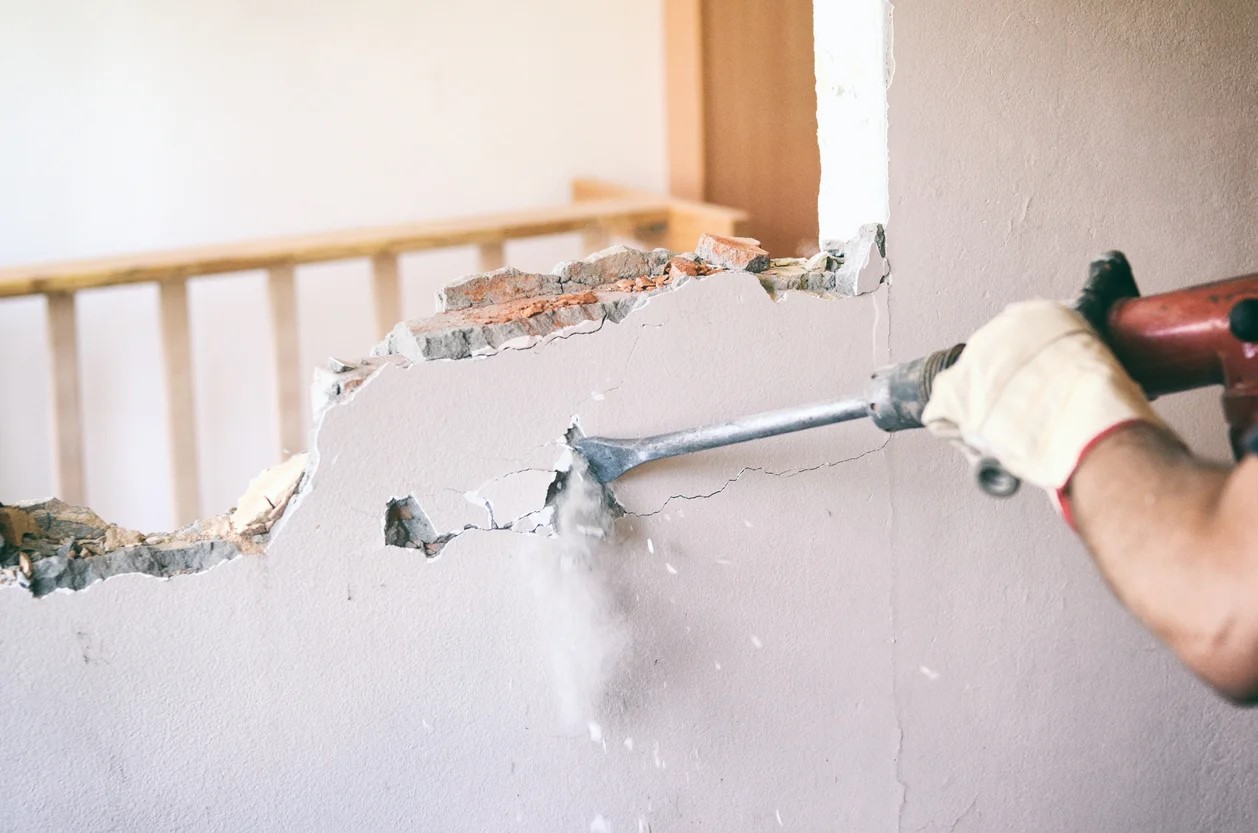

Home Renovation Guides
What Happens If Caught With Home Improvements Unpermitted In Texas?
Modified: January 6, 2024
Learn about the consequences of unpermitted home renovations in Texas. Get expert advice and avoid legal troubles with our home renovation guides.
(Many of the links in this article redirect to a specific reviewed product. Your purchase of these products through affiliate links helps to generate commission for Storables.com, at no extra cost. Learn more)
Introduction
Understanding the Importance of Building Permits in Texas
Undertaking home improvements is an exciting endeavor for homeowners in Texas. Whether it's adding a new deck, renovating the kitchen, or constructing a backyard shed, these projects can enhance the functionality and aesthetic appeal of a property. However, it's crucial for homeowners to be aware of the regulatory requirements surrounding home improvements, particularly the necessity of obtaining building permits.
In Texas, as in many other states, certain home improvement projects require building permits to ensure compliance with local building codes and zoning regulations. These permits serve as official approval from the local government, indicating that the proposed construction or renovation plans meet safety standards and adhere to the established guidelines. While it may be tempting to proceed with home improvements without obtaining the necessary permits, doing so can lead to a myriad of legal and financial consequences.
This article aims to shed light on the implications of undertaking unpermitted home improvements in Texas. By understanding the potential ramifications and legalities associated with this issue, homeowners can make informed decisions and take the necessary steps to rectify any existing unpermitted improvements. Additionally, this article will provide guidance on navigating the process of addressing unpermitted home improvements, helping homeowners mitigate the associated risks and ensure compliance with local regulations.
Key Takeaways:
- Don’t Skip the Permits!
Undertaking home improvements in Texas without the necessary permits can lead to safety risks, legal troubles, and financial headaches. Always get the proper permits to avoid these potential problems. - Fixing Mistakes Matters
If you discover unpermitted home improvements on your property, take proactive steps to address the violations. By getting retroactive permits and complying with regulations, you can protect your property’s value and integrity.
Understanding Building Permits in Texas
Building permits are a fundamental aspect of the construction and renovation process in Texas. When homeowners embark on home improvement projects, they must familiarize themselves with the types of projects that require permits and the associated regulations. In Texas, building permits are typically required for structural modifications, electrical work, plumbing alterations, and other significant renovations that impact the property’s structural integrity or safety.
Obtaining a building permit involves submitting detailed plans and specifications to the local building or planning department. These plans are reviewed to ensure that the proposed improvements comply with building codes, zoning ordinances, and other regulatory requirements. The issuance of a permit signifies that the project meets these standards and has been approved by the relevant authorities.
It’s important to note that the specific regulations governing building permits can vary across different municipalities in Texas. Each city or county may have its own set of building codes and permit application procedures. As a result, homeowners should consult their local building department or planning office to determine the requirements applicable to their area.
By obtaining the necessary building permits, homeowners demonstrate their commitment to upholding safety standards and regulatory compliance. This process also provides assurance to both the property owner and the community that the proposed improvements have been evaluated and approved by professionals with expertise in building codes and construction regulations.
Understanding the role of building permits in Texas is essential for homeowners planning home improvement projects. By adhering to the permitting process, property owners can avoid potential legal issues and ensure that their renovations are carried out in accordance with the established guidelines, contributing to the overall safety and integrity of their properties.
Consequences of Unpermitted Home Improvements
Undertaking home improvements without obtaining the necessary permits can have a range of negative consequences for homeowners in Texas. While it may seem like a minor oversight, the implications of unpermitted renovations can be significant, impacting various aspects of the property and potentially leading to legal and financial repercussions.
1. Safety and Structural Integrity: Building codes and permit requirements are designed to ensure that construction and renovation projects meet safety standards. Without proper permits, there is a risk that the unpermitted improvements may not adhere to these crucial regulations, compromising the safety and structural integrity of the property.
2. Property Valuation and Insurance: Unpermitted home improvements can affect the valuation of the property. When unpermitted work is discovered, it may lead to complications during property appraisals and inspections, potentially impacting the property’s market value. Additionally, insurance coverage may be affected if unpermitted improvements are found to contribute to damages or liabilities.
3. Legal Compliance and Disclosures: When selling a property, homeowners are typically required to disclose any unpermitted improvements to potential buyers. Failing to disclose such information can result in legal disputes and financial liabilities, as buyers may seek compensation for the undisclosed modifications.
4. Code Enforcement and Penalties: Local building authorities in Texas have the power to enforce compliance with building codes and permit regulations. If unpermitted improvements are identified, homeowners may face penalties, fines, and the prospect of having to rectify the violations to meet regulatory standards.
5. Future Renovation Limitations: Unpermitted improvements can restrict or complicate future renovation plans. When seeking permits for subsequent projects, homeowners may encounter challenges due to the presence of unpermitted work, potentially delaying or impeding future construction endeavors.
These consequences underscore the importance of adhering to the permitting process when undertaking home improvements in Texas. By obtaining the necessary permits and ensuring compliance with building codes, homeowners can mitigate the risks associated with unpermitted renovations and safeguard the long-term integrity and value of their properties.
Before starting any home improvement project in Texas, always check if permits are required. If caught without permits, you may face fines and have to undo the work. It’s best to check with your local building department to avoid any issues.
Legal Ramifications
Unpermitted home improvements in Texas can lead to a variety of legal ramifications, potentially placing homeowners in challenging and costly situations. Understanding the legal implications of undertaking unpermitted renovations is crucial for property owners, as it can impact their rights, responsibilities, and financial well-being.
1. Violation of Building Codes: Unpermitted home improvements are a violation of building codes and regulatory requirements. This can result in legal action by local building authorities, potentially leading to fines, penalties, and mandatory corrective measures to bring the property into compliance with the applicable codes.
2. Property Disclosures and Liabilities: When selling a property with unpermitted improvements, homeowners are obligated to disclose these modifications to potential buyers. Failure to disclose unpermitted work can lead to legal disputes, financial liabilities, and potential legal action by the buyers if issues related to the unpermitted improvements arise after the property transaction.
3. Insurance Implications: Unpermitted improvements can impact homeowners’ insurance coverage. In the event of damages or liabilities related to unpermitted work, insurance companies may deny coverage, leaving homeowners financially responsible for the consequences of the unpermitted renovations.
4. Property Valuation and Appraisals: Unpermitted improvements can complicate property valuations and appraisals. Appraisers and potential buyers may devalue the property or raise concerns about the quality and legality of the unpermitted work, potentially affecting the property’s marketability and sale potential.
5. Legal Disputes and Remediation: Discovering unpermitted improvements after the completion of a property transaction can lead to legal disputes between buyers and sellers. Remedying the situation may involve negotiations, financial settlements, or legal proceedings to address the impact of the unpermitted work on the property’s value and condition.
It’s important for homeowners in Texas to recognize that unpermitted home improvements can have far-reaching legal implications that extend beyond the immediate construction or renovation phase. By understanding the legal ramifications of unpermitted work, property owners can take proactive measures to address any existing violations and prevent potential legal challenges in the future.
Steps to Remedy Unpermitted Home Improvements
Addressing unpermitted home improvements in Texas requires a systematic approach to rectify the violations and ensure compliance with building codes and regulatory requirements. By taking proactive steps to remedy unpermitted work, homeowners can mitigate potential legal and financial consequences while safeguarding the integrity and value of their properties.
1. Assessment and Documentation: Begin by conducting a comprehensive assessment of the unpermitted improvements. Document the nature and extent of the work, including any structural, electrical, or plumbing modifications. This documentation will be valuable when engaging with building authorities and professionals to rectify the violations.
2. Consultation with Building Authorities: Reach out to the local building department or planning office to seek guidance on addressing unpermitted work. Building authorities can provide insight into the necessary steps to bring the property into compliance, including the potential requirements for retroactive permits and inspections.
3. Professional Evaluation and Remediation: Engage qualified professionals, such as licensed contractors, structural engineers, or architects, to evaluate the unpermitted improvements and develop remediation plans. These professionals can assess the safety and compliance aspects of the work and propose solutions to rectify any deficiencies.
4. Retroactive Permit Application: In many cases, building authorities offer processes for obtaining retroactive permits for unpermitted work. Work with professionals to prepare the required documentation and plans for submission to the relevant permitting agencies, ensuring that the remediation efforts align with the current building codes and regulations.
5. Compliance Inspections: Upon obtaining retroactive permits and completing the necessary remediation work, schedule inspections with the building department to verify compliance with the approved plans and building codes. Successful inspections demonstrate that the unpermitted improvements have been rectified in accordance with regulatory standards.
6. Property Disclosure and Documentation: If the property is being sold or transferred, ensure that all remediated unpermitted work is properly disclosed to potential buyers. Document the remediation efforts and approvals obtained from building authorities to provide transparency and assurance to future property stakeholders.
By diligently following these steps, homeowners in Texas can navigate the process of addressing unpermitted home improvements with the goal of achieving compliance, mitigating legal risks, and preserving the value and integrity of their properties. Proactive remediation efforts demonstrate a commitment to regulatory compliance and responsible property ownership.
Frequently Asked Questions about What Happens If Caught With Home Improvements Unpermitted In Texas?
Was this page helpful?
At Storables.com, we guarantee accurate and reliable information. Our content, validated by Expert Board Contributors, is crafted following stringent Editorial Policies. We're committed to providing you with well-researched, expert-backed insights for all your informational needs.
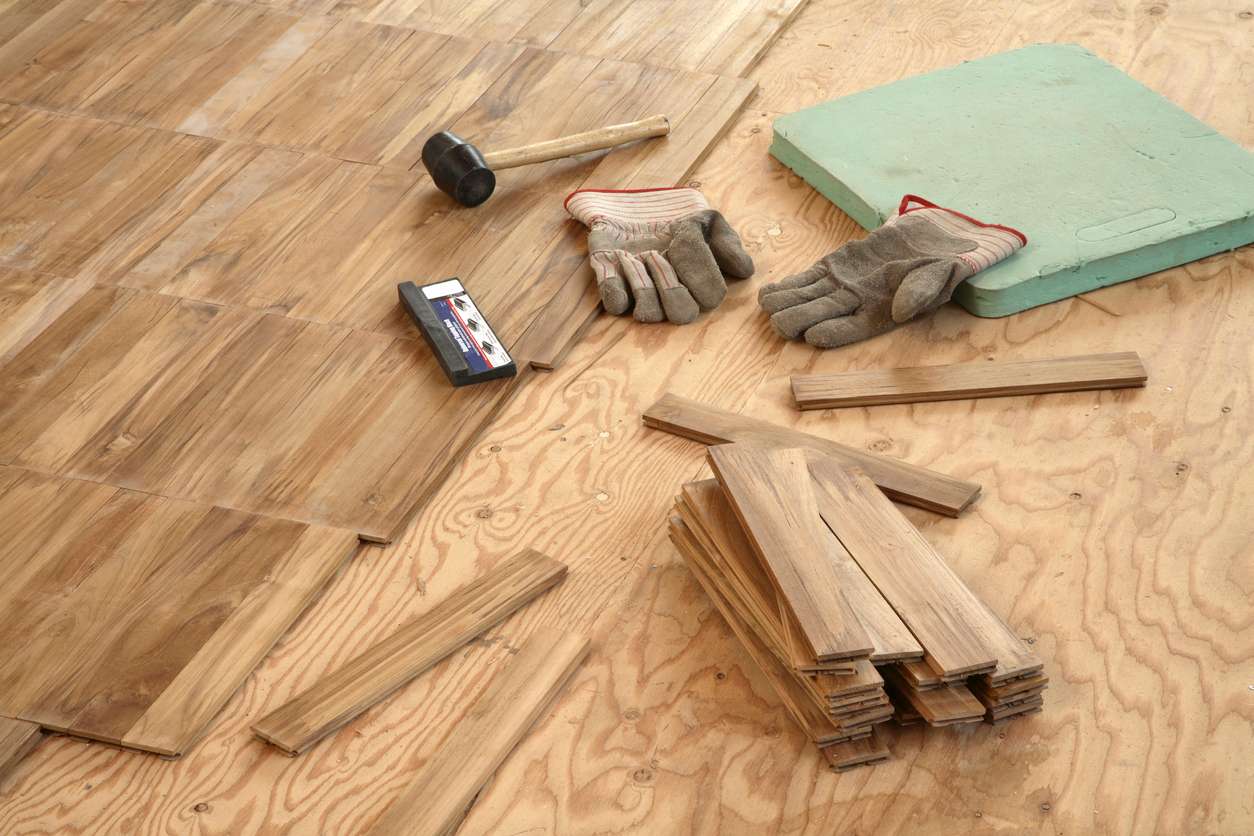



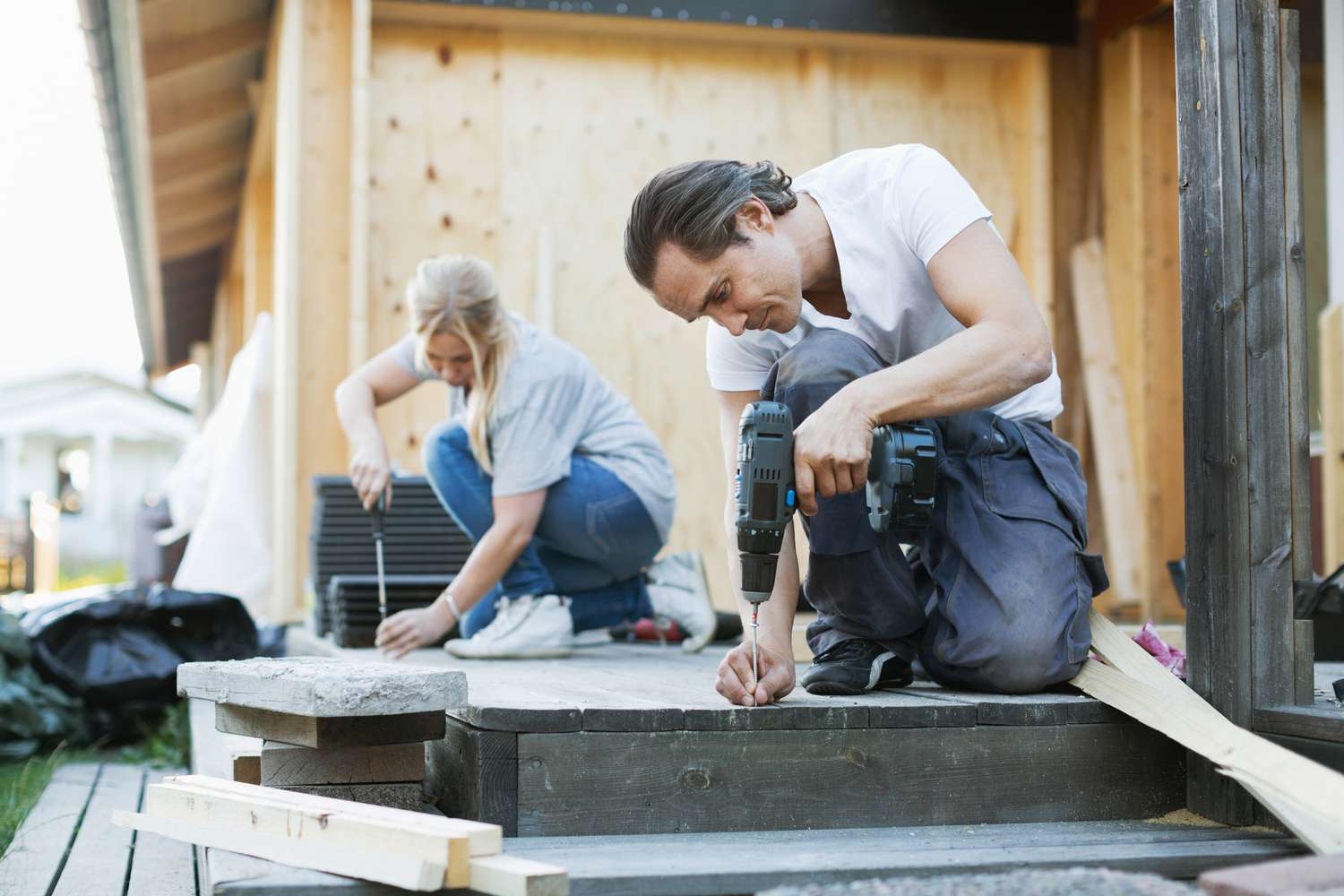
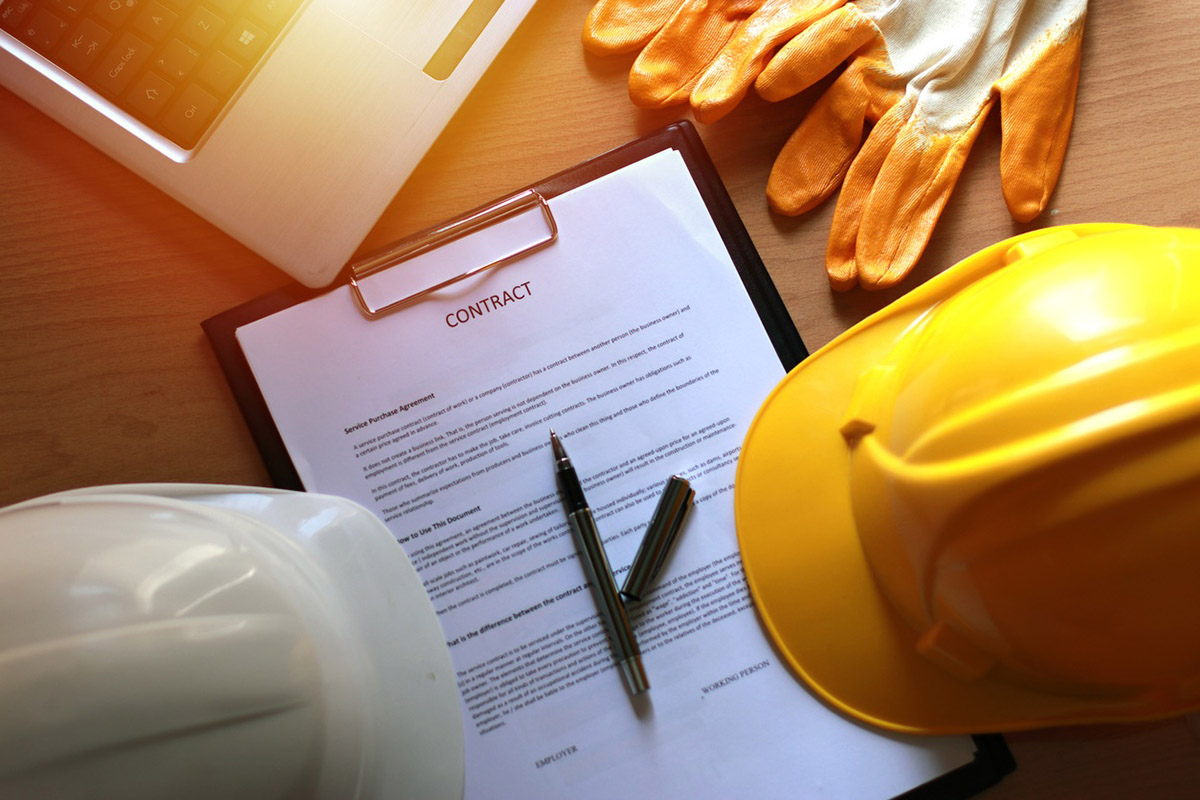

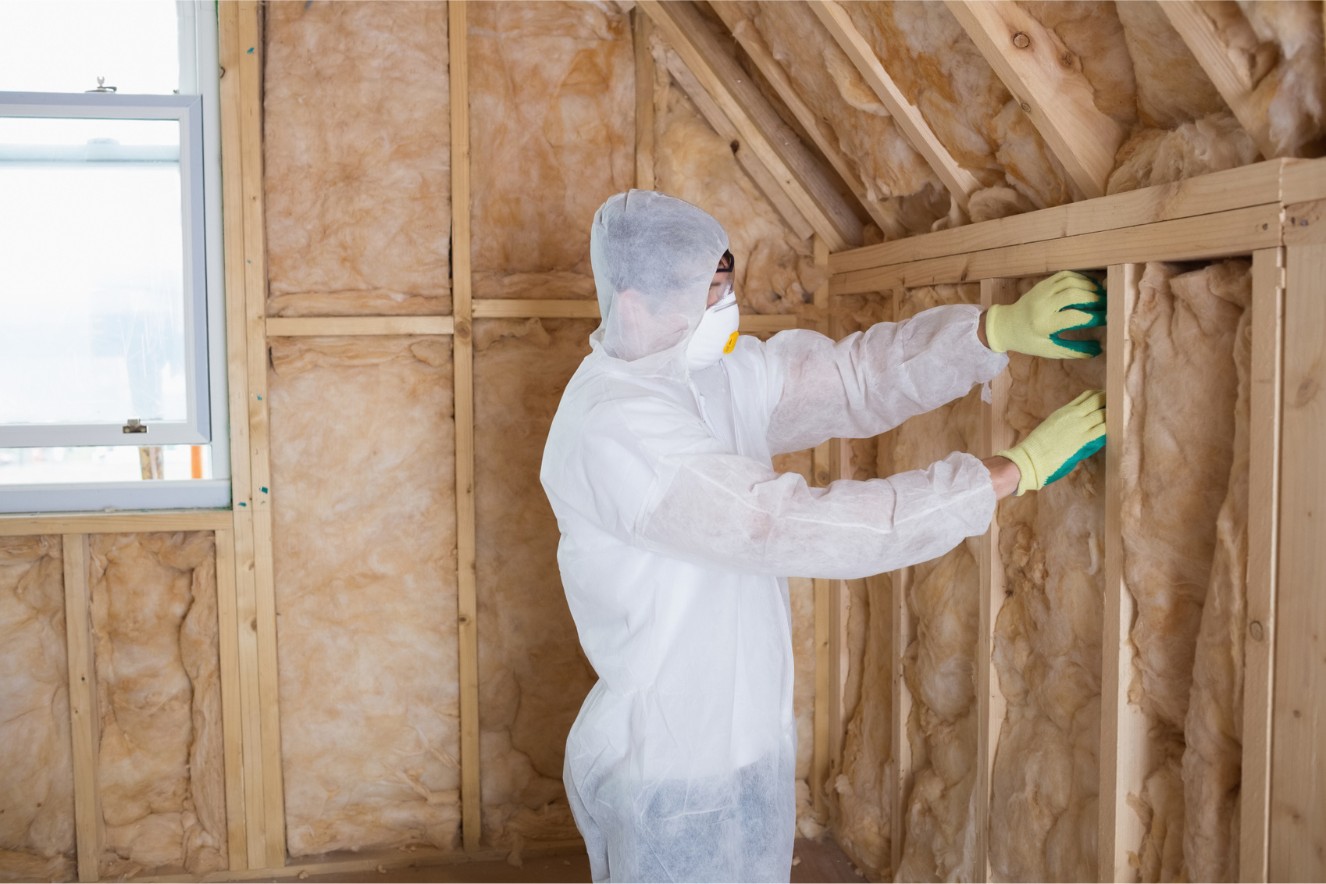

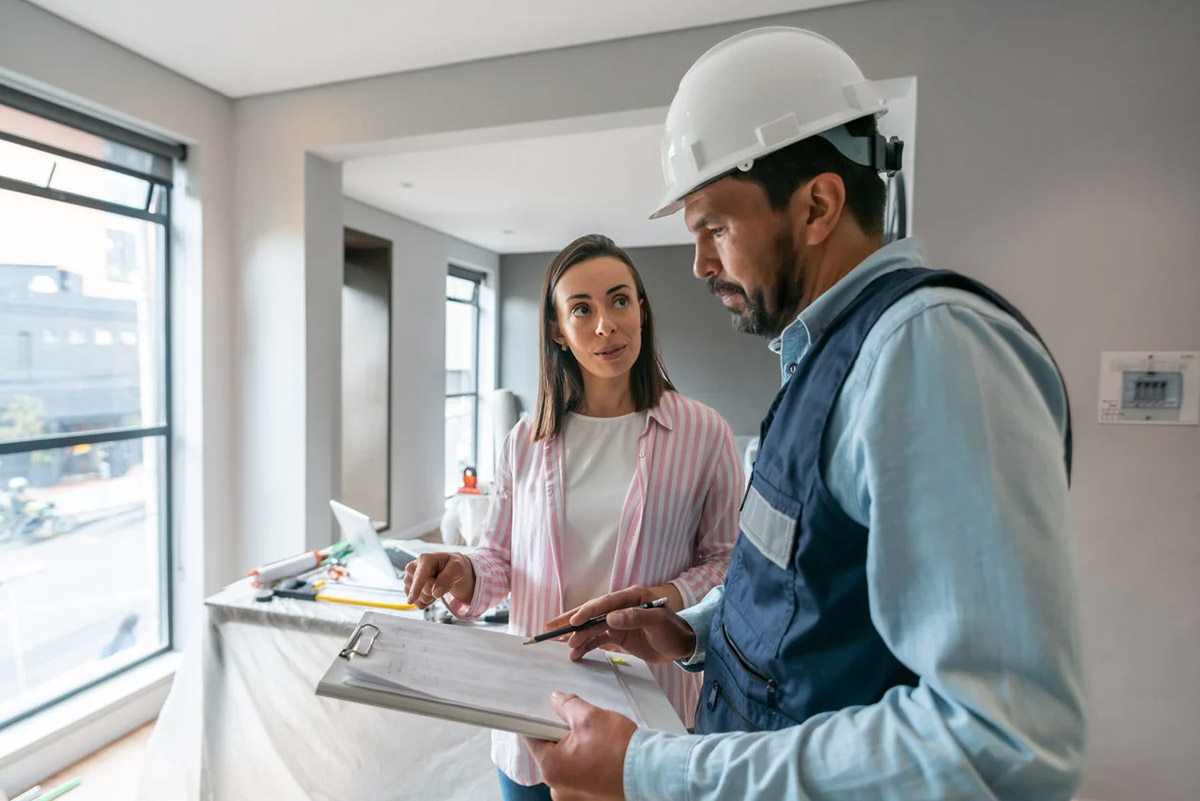

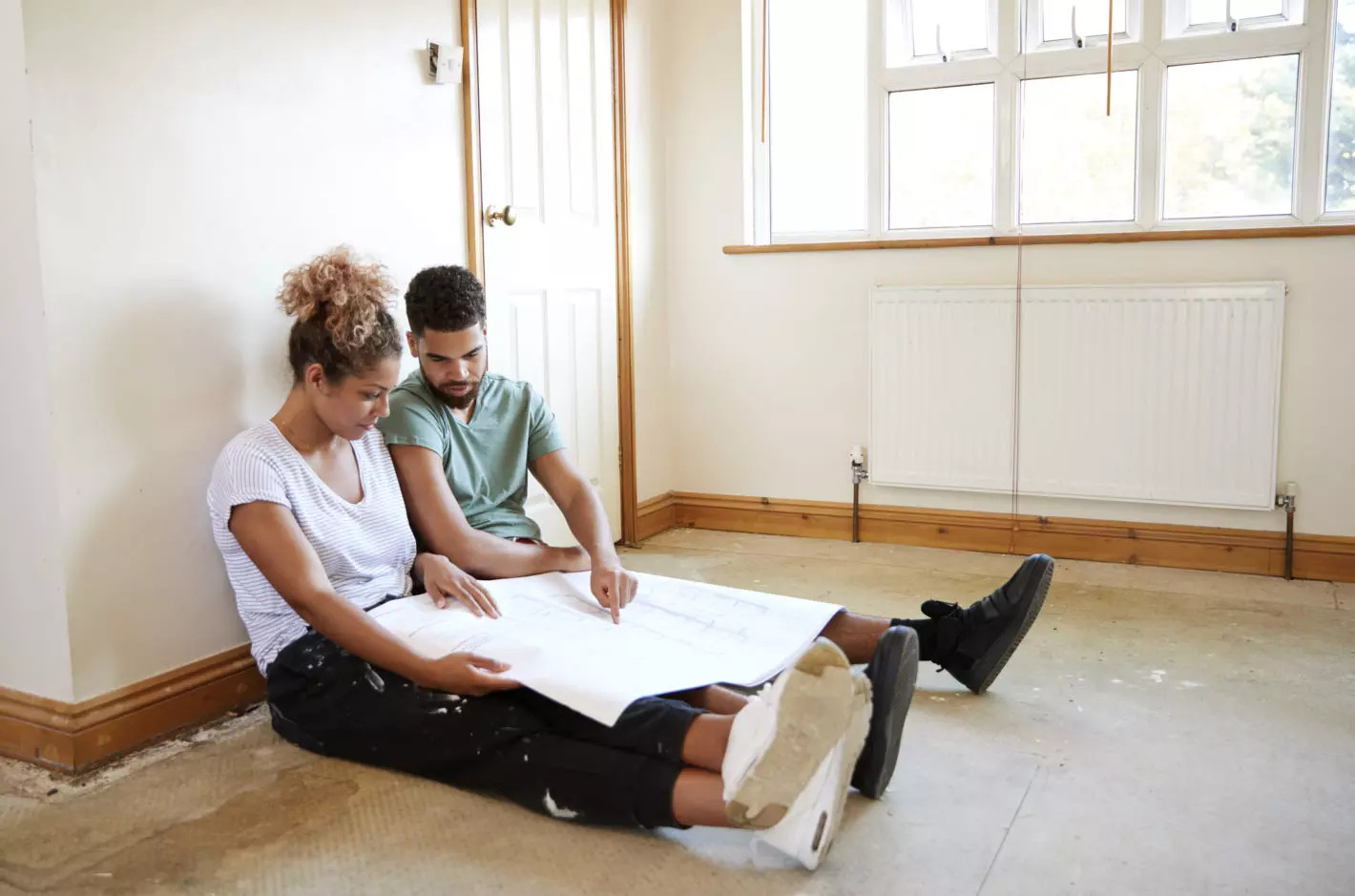
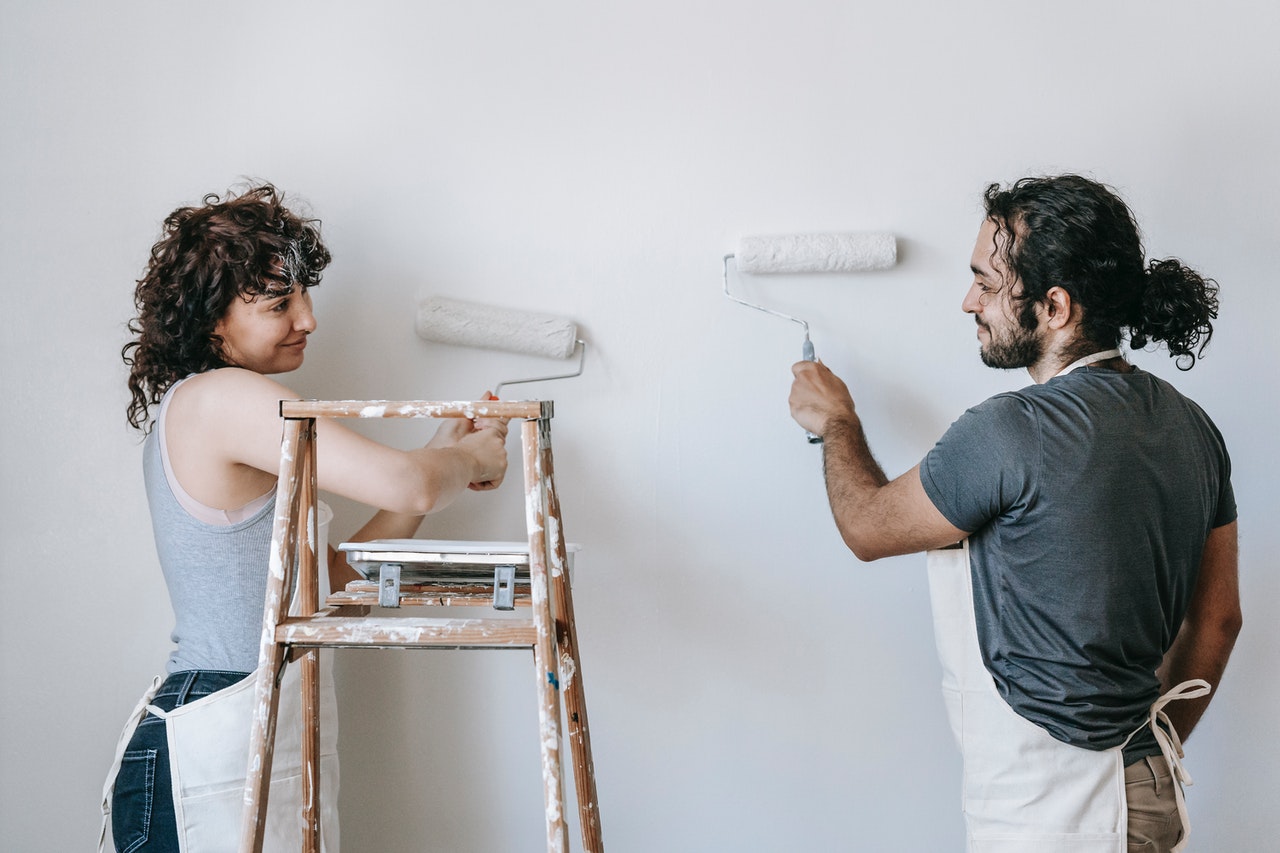

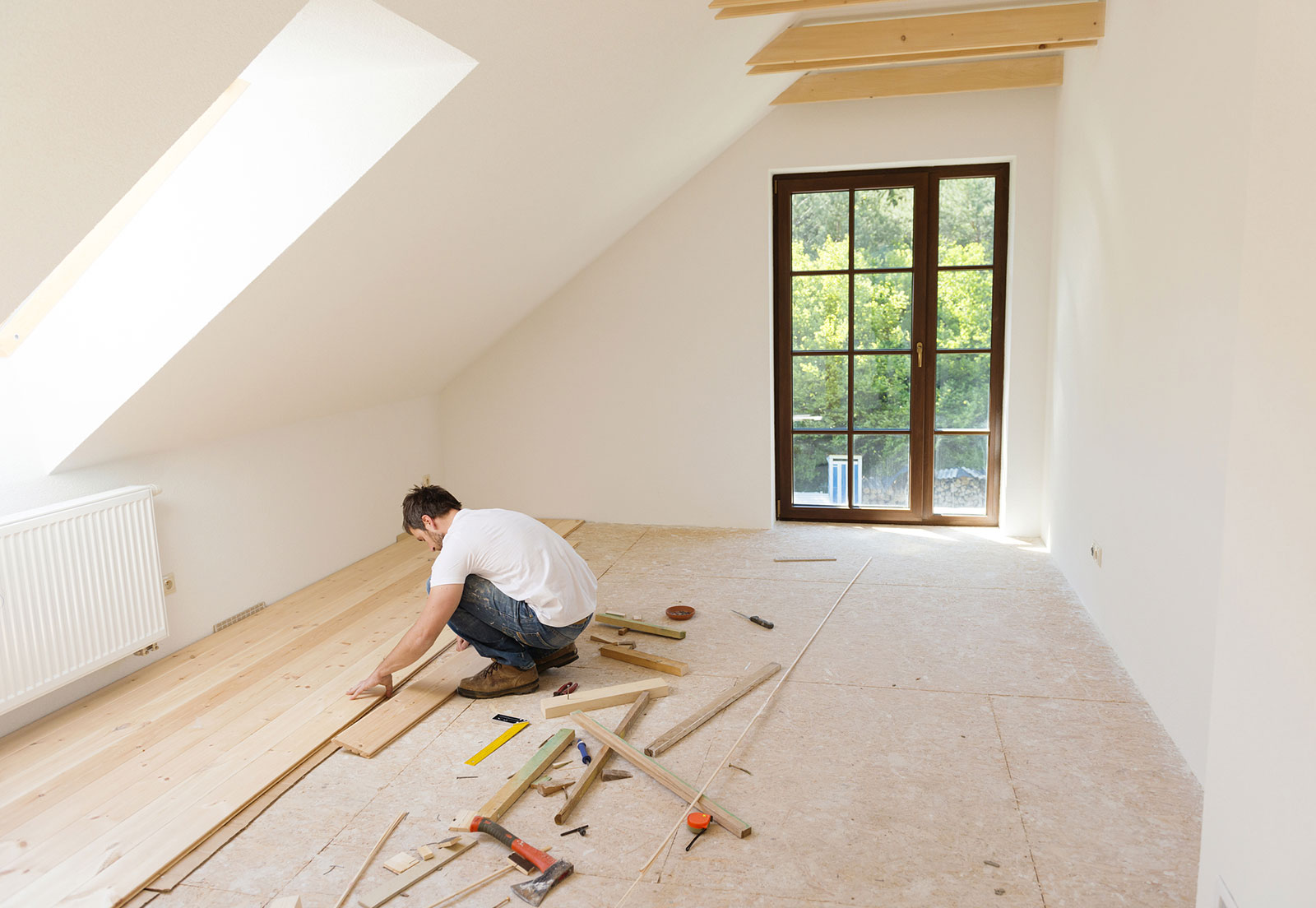

0 thoughts on “What Happens If Caught With Home Improvements Unpermitted In Texas?”